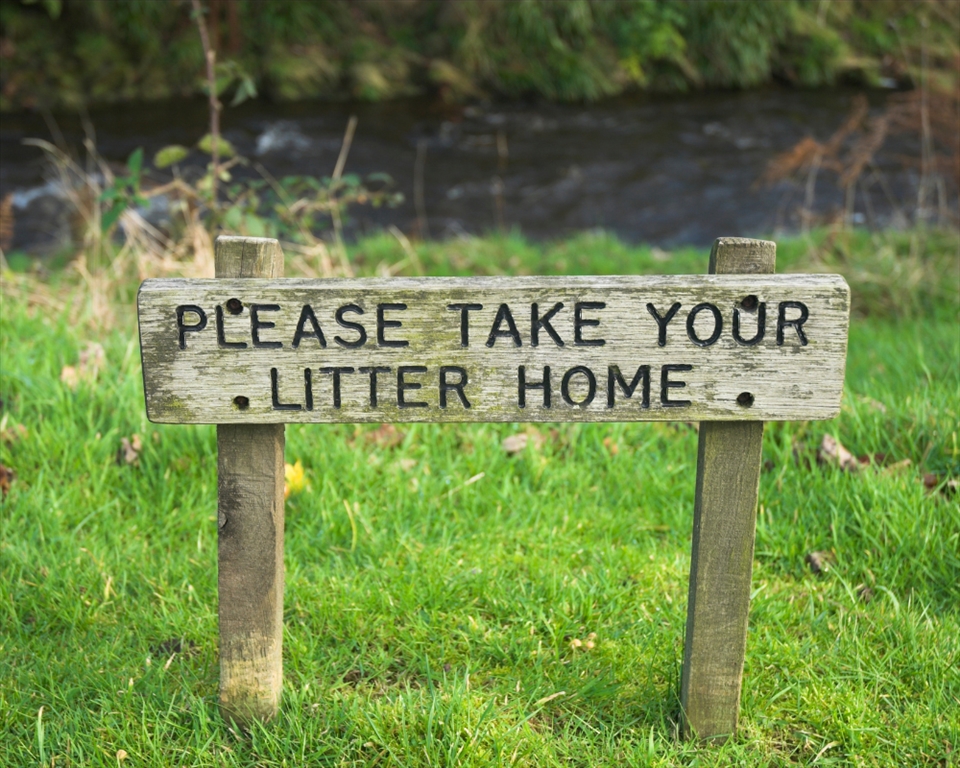The Dangers of Everyday Items for our Wildlife
 Just a few months ago World Environment Day was celebrated around the Globe, a day dedicated specifically to raising awareness and action to protect our natural environment, be that our beautiful forests, flowing waterways, local wildlife, and much more. This year paid special focus to reviving our damaged ecosystems – something that we, along with plants and animals, all rely on for survival. One aspect dangerously affected over the years is our wildlife, which has unfortunately suffered greatly due to habitat loss and in some cases, avoidable injuries.
Just a few months ago World Environment Day was celebrated around the Globe, a day dedicated specifically to raising awareness and action to protect our natural environment, be that our beautiful forests, flowing waterways, local wildlife, and much more. This year paid special focus to reviving our damaged ecosystems – something that we, along with plants and animals, all rely on for survival. One aspect dangerously affected over the years is our wildlife, which has unfortunately suffered greatly due to habitat loss and in some cases, avoidable injuries.
As we shine the light on helping our environment, an important aspect to consider is our consumption habits and the effects of waste and litter. Very often here at the USPCA our Animal Rescue Officers rescue animals which have unfortunately been injured by littered items – indeed, the effects of neglected waste on animals has been well documented across the world. Below are just some of the items which can cause injury and death to wildlife if not disposed of correctly:
Chewing Gum
Discarded chewing gum may become matted in animals’ fur or feathers, causing restricted movement.
Fishing lines and hooks
Food containers / jars
Often these containers will be intriguing for animals due to smells or remnants of food however animals can then very easily get their heads trapped, causing suffocation.
Plastic bags
Curiosity tends to get the best of animals in most cases and they may mistake this as a food source. If ingested, plastic bags cannot be passed by an animal and can prevent food digestion. Animals may also get stuck inside and suffocate.
Cans
Smaller animals may use cans as refuge from predators and as a source of shade however wildlife may become trapped or cut themselves on the sharp metals.
Cooking Oil
Ensure that you dispose of cooking oil responsible as the careless disposal of oil into drainage systems can be harmful to birds, fish, and other wildlife. Should litter accidentally end up in the environment, there are some steps you can take to minimize the risk to wildlife:
- Thoroughly rinse all containers before placing them in the bin
- Crush any cans before recycling and pull the tab back to cover the hole
- Tie a knot in plastic bags to prevent animals getting stuck inside
- Cut elastic bands, the elastic straps of face masks, and the loops of can holders to prevent animals getting trapped in them
- Pick up any litter you come across or arrange cleanups with family and friends









